We’re all familiar with the sounds of our four-legged furry friends woofing – and of course, barking is a normal way for dogs to communicate.
However, when barking becomes excessive, it can seriously test the patience of owners and neighbours. And rest assured, excessive barking isn’t normal.
Non-stop barking is not just a problem for humans. It’s also a problem for pooches, as excessive barking is a clear sign of an unhappy dog.
It’s in everyone’s best interests to lessen the barking from excessive to minimal, but exactly how do we do that?
We touched base with RSPCA South Australia Dog Care Manager, Sam Margrave, to find out how.
“The first step is to establish why your dog barks – and then look at solutions,” Sam tells us.
So what are some of the typical reasons for dogs excessively barking?
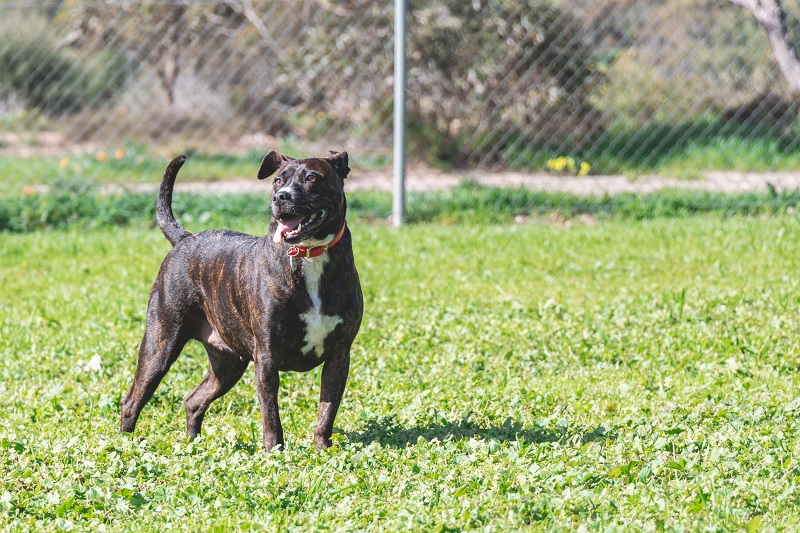
Reason 1: health
Before anything else, Sam recommends that you ask your vet to check that doggy’s health is okay and isn’t contributing to the constant barking.
Your pooch could be in pain or have health issues you don’t even know about, and barking is their way of letting you know they’re not okay.
Once they’ve hopefully all got the clear, you can explore other possible reasons for the barking excess.
Reason 2: boredom
If your dog is left alone all day with nothing to do, excessive barking will often be the result. You probably find it boring to be in a room with nothing to do, and so does your pup.
However, you can do a lot to prevent that. It sure is helpful to take your dog for a long walk, but don’t “just” exercise the legs – make sure you exercise their brain too.
“Mental stimulation is just as tiring for the dog as physical activities, if not more,” shares Sam.
“Instead of just a morning walk, why not have a quick training session before you leave the house? And before leaving home, spend five minutes hiding their toys and some treats around to keep them busy and activated.
You could also put some of their food into a Kong toy or treat ball so they have to work to get their snacks. Keeping them activated and stimulated for some time makes it more likely for your pooch to rest until you come home.”
If your dog has favourite playmates in the area, why not invite them over for a short while? Short bouts of well-matched dog play can be lots of fun. Just make sure all the food is put away first to prevent any scraps. And watch for lots of natural breaks in the play while the dogs have a sniff or a settle.
You may also consider organising a ‘dog walker’ to walk your dog in the middle of the day while you are at work, or a ‘dog minder’ to keep your dog company when you are away for long periods.
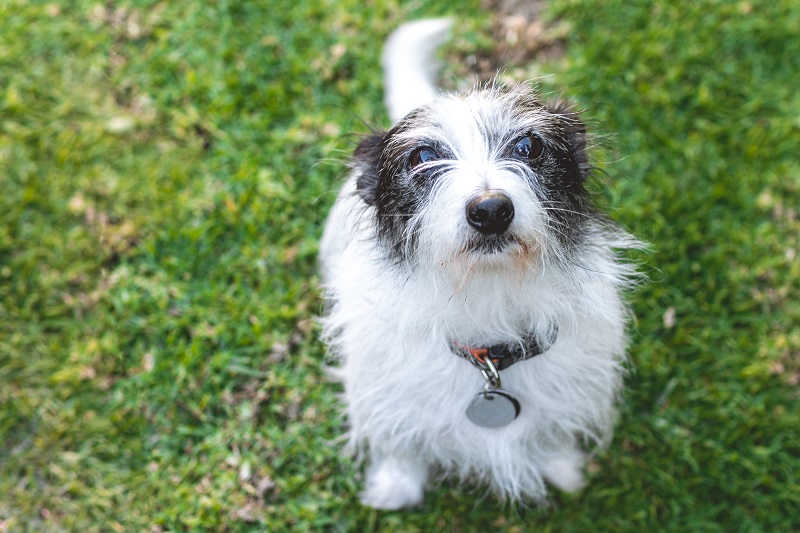
Reason 3: being anxious when left alone
Dogs are social animals and it’s normal for them to become anxious when left alone for the first time. Do yourself a favour and teach your pooch how to cope with being left alone at a young age.
Begin by trying short periods of time apart. Put your dog outside in the yard for a little while when you are hanging out at home. To increase the chance for success, make sure they have toys to play with and safe things to chew on while they are outside so the experience is a positive one. If doggy does well, gradually extend the length of time you are leaving them alone.
When you do leave the house, make sure that they have somewhere safe to retreat to such as a kennel. Make sure they receive plenty of exercise and have loads of toys and safe chew toys and items to keep them entertained while you are away.
Sam suggests that you could install a doggy door if you haven’t got one already.
“Lots of dogs prefer to be where they spend most time with the family – indoors. A doggy door gives your dog a choice of where they want to be, reducing the risk of excessive barking.”
Whenever you come home, acknowledge pooch and say hi to them. Play with them a bit or give them a treat, but don’t make too much of a fuss of your homecoming – make sure both your departure and return are relatively quiet and unexciting. Unfortunately, an excitable exit or entrance can also create fresh bouts of aroused barking.
Most dogs will adjust to periods of time alone, however some become really stressed and may begin to bark constantly and even harm themselves.
If your dog suffers from separation anxiety, we recommend that you ask your vet or our for advice about a veterinary behaviourist who will be able to help your four-legged friend.
Reason 4: fear
Fear can also make dogs bark. They may be afraid of people coming near their territory or they may be fearful of noises, particularly at night, which may stimulate anxieties. Dogs can also be fearful of things like fireworks, thunderstorms and lawnmowers.
Taking your dog inside significantly reduces the impact of sounds that might scare them and makes pooch feel safer.
“If your dog is fearful of certain noises or triggers, I suggest using aids such as thunder shirts that provide a gentle, constant pressure to your dog’s body, producing a calming effect,” Sam says.
“Alternatively, you could use with pheromones that calms your dog in stressful situations. Behavioural medication from your vet or a veterinary behaviourist may even be needed.”
Reason 5: territorial behaviour – post officers or bypassers
It’s natural for a dog to warn the family about potential intruders. This is obviously very helpful in the event that a burglar tries to break into your house, but it’s a total nuisance if your dog is simply alerting you to the postie or people walking by.
The problem often is that your dog can’t tell whether it’s one or the other, so doggy ends up barking at everybody.
The answer? Food. You need to change your pooch’s association from territory protection to a positive experience when people walk by or into your house.
Offer your dog a delicious treat, or even their favourite toy when the postie arrives – but only reward your dog when they are calm and not barking.
With time, your dog may begin to associate a person passing the house with something good rather than someone who is a perceived threat.
will be able to help you with the distance and timing required for this process to work properly.

Reason 6: territorial behaviour – neighbours
An even bigger problem than doggy barking at bypassers is if they bark at your neighbours when they are in their garden in an attempt to protect your territory.
Again, make sure you have some tasty treats at hand so that your dog associates your neighbours with the food (but make sure to only give the treat when your dog is calm and not barking).
If your dog is barking, call them and give a treat for coming and doing something other than barking.
If you are on good terms with your neighbours in spite of doggy’s never-ending effort to scare them off, you may also consider asking them to treat your dog and supply them with their own stockpile, which is much better than having them yell at your dog in frustration, as yelling at a barking dog will only tend to make the problem even bigger. (If your dog thinks the neighbour is also barking, they may feel compelled to ramp it up in response!)
Make sure to only use this method when there is only one dog involved, to prevent dogs fighting over food.
Yelling at or scolding your barking dog may work in the moment by distracting them, but it won’t work long term, and the same applies to other methods such as shock collars or squirting water.
These methods will never address the real reason that your dog is barking and are not good for your dog’s welfare. This is why
Use positive reinforcement, and if possible, give distance from or remove the things that trigger your dog’s barking. Reward good ‘quiet’ behaviour and avoid reinforcing ‘unwanted’ behaviour.
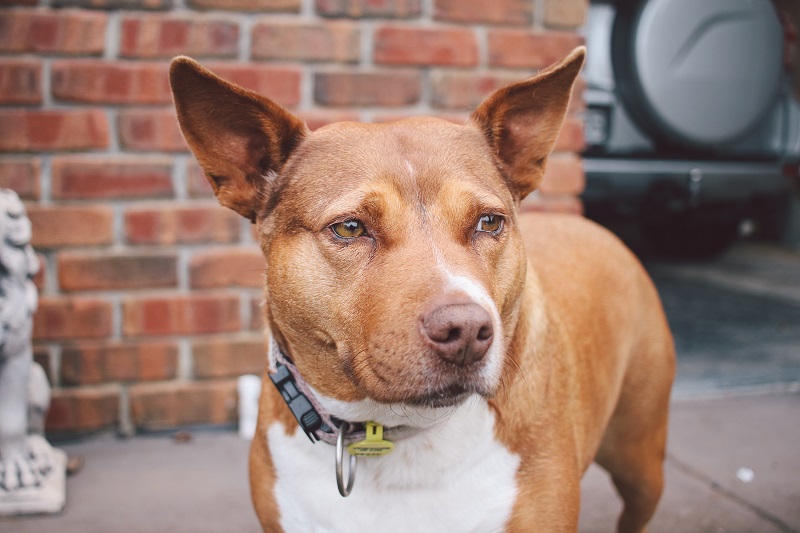
Reason 7: attention-seeking behaviour
Remember to ignore unwanted behaviour and reward good behaviour.
Ignoring your dog completely when they barking for attention means avoiding eye contact and even considering leaving the room.
When your dog is calm and quiet, pat them, and let them know what a fantastic dog they are.
You can also give your dog a food treat when they are calm and not barking. This rewards good behaviour and does not reinforce unwanted behaviour.
Make sure to keep an eye on what triggers your doggy’s barks for attention. By identifying the cause, you can prevent the unwanted behaviour in the first place, instead of having to deal with it when it arises.
Remember: punishment is not the way
Whatever the reason for your dog barking excessively, you should never punish your pooch. Your dog will be confused, and we can assure you that no good will come of it.
Anti-barking collars are designed to be punishment and are unreliable as they do not address the underlying cause of the problem and are easy to abuse. Your dog will be punished for every bark, but they will not learn an alternative, acceptable behaviour.
At RSPCA, such as anti-barking collars and invisible boundaries. Such devices are inhumane as they inflict pain, involve punishment and can be used to abuse animals. such as sound or scent, including citronella collars and devices that release high-pitched sounds.
Squirting collars can also lead to injury, as some dogs learn to quickly move their head away away from things that squirt out when they bark.
So please, avoid punishment collars at all costs.
 Help is near
Help is near
Hopefully you’ve found this guide useful, but don’t despair if you still need help to make your doggy feel better and bark less.
You may want to arrange a consultation with a qualified force-free trainer or visit a veterinary behaviourist to figure out why your dog barks excessively.
At RSPCA South Australia Dog Training, with one of our qualified trainers and can help refer you to veterinary behaviourist.

Have more questions? As part of our RSPCA Dog Training School, We’re also constantly expanding our range of classes catering to dogs and their needs, so you’ll walk away understanding exactly how to best communicate with your dog. Best of all, proceeds from our dog training classes go back towards helping animals in need!

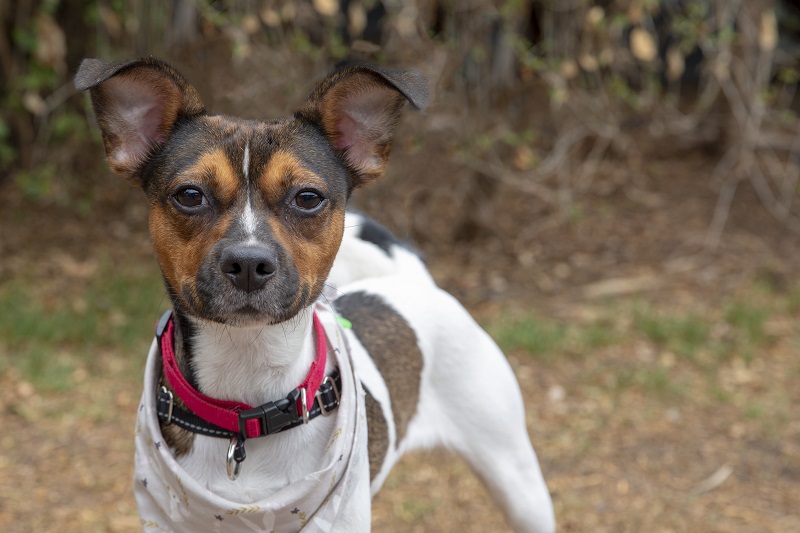

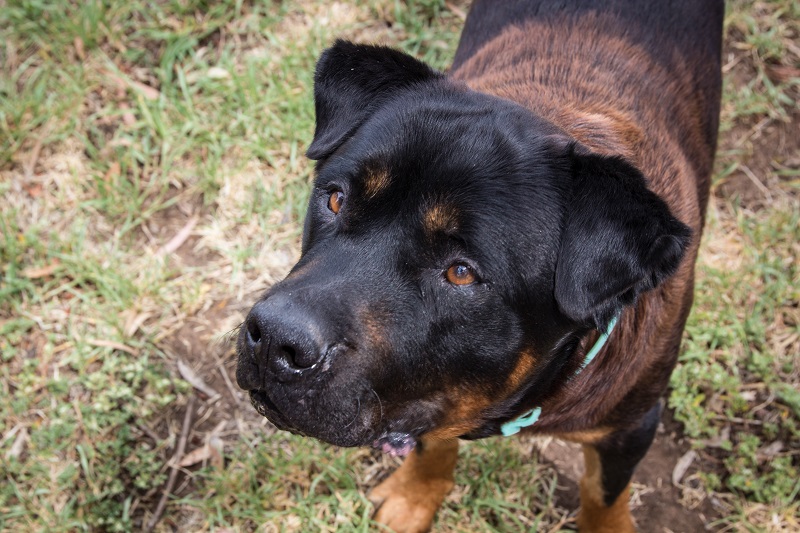
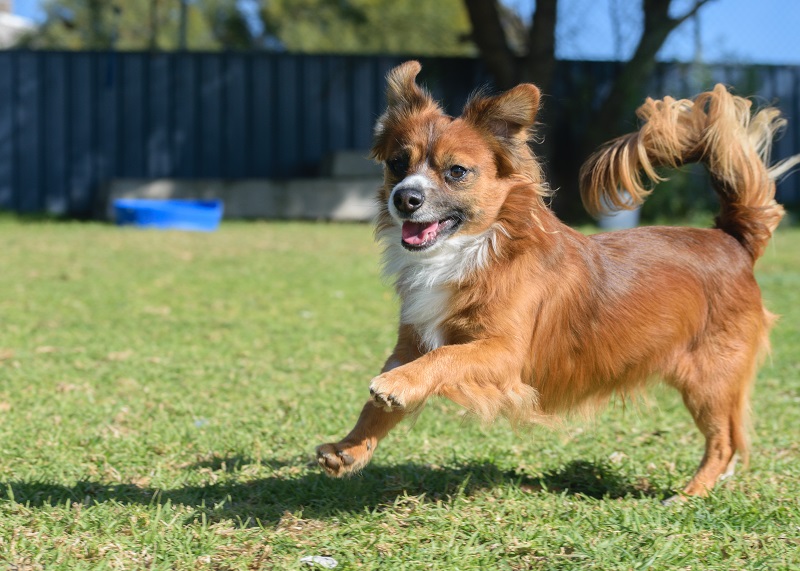
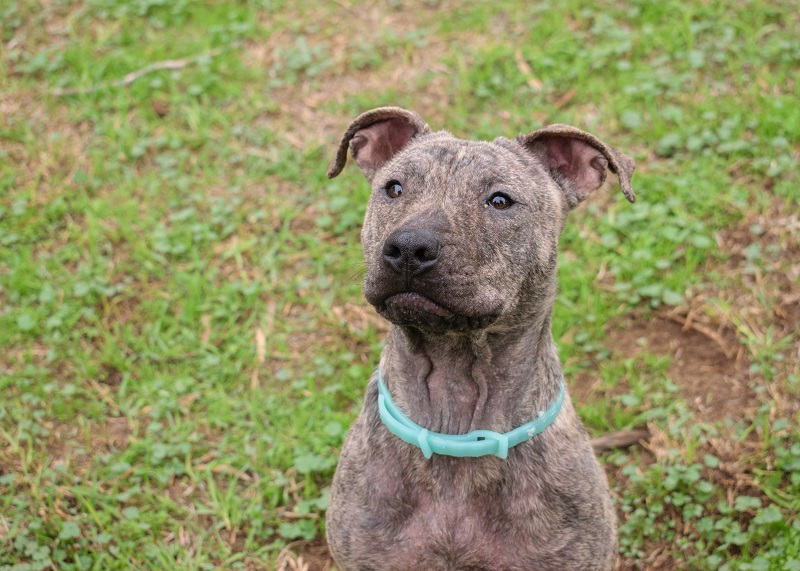 Help is near
Help is near





